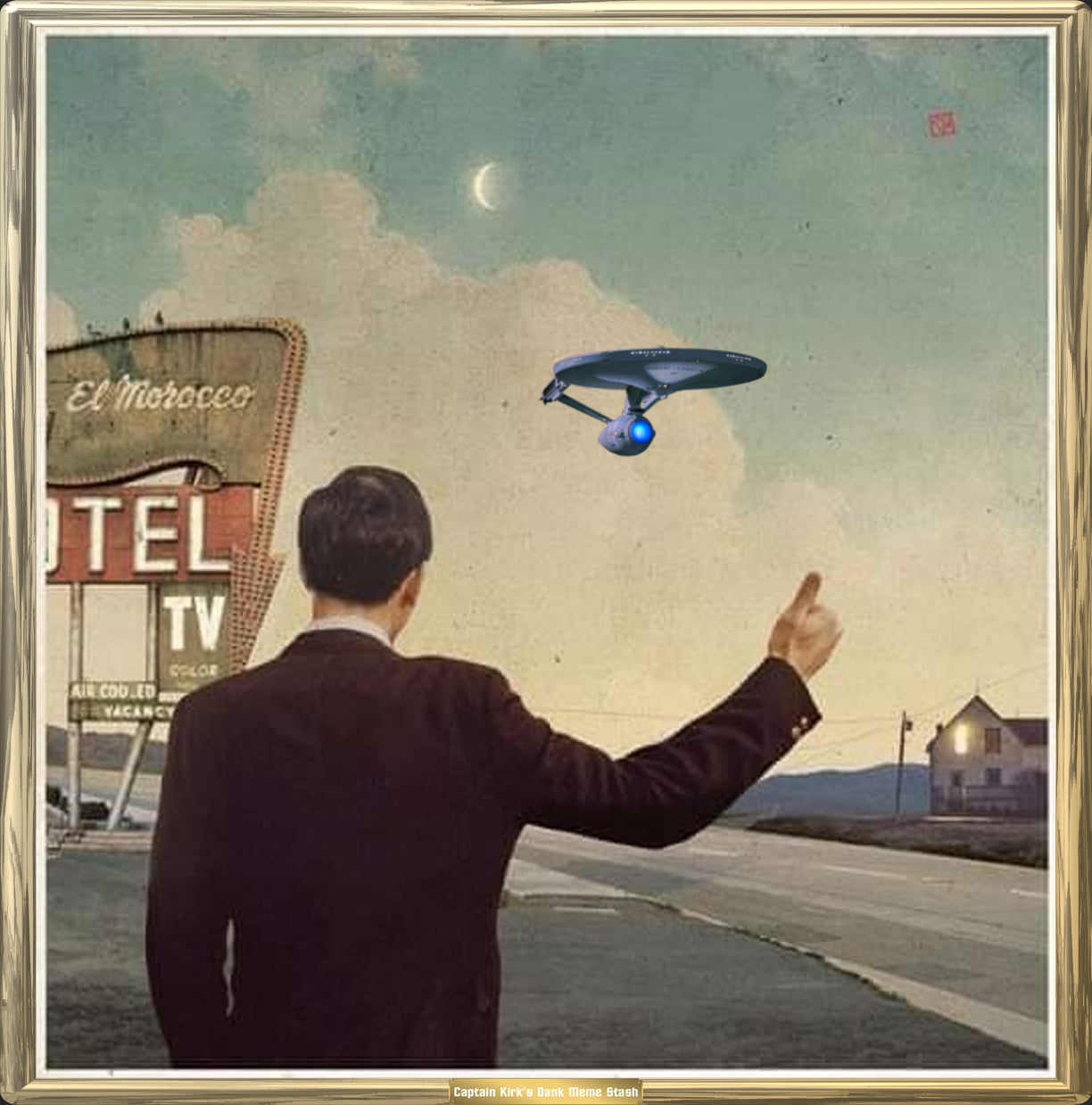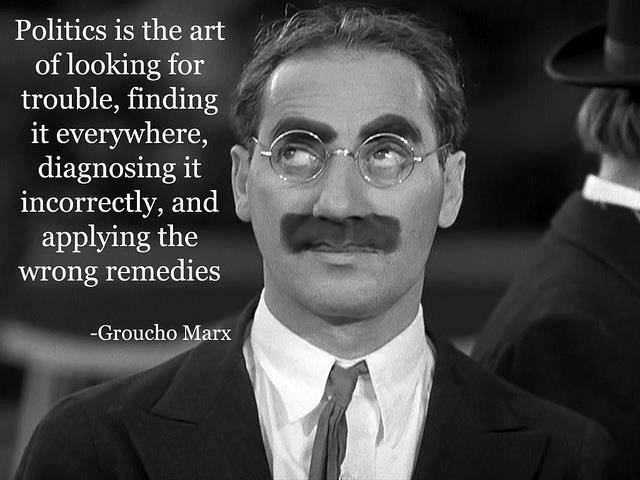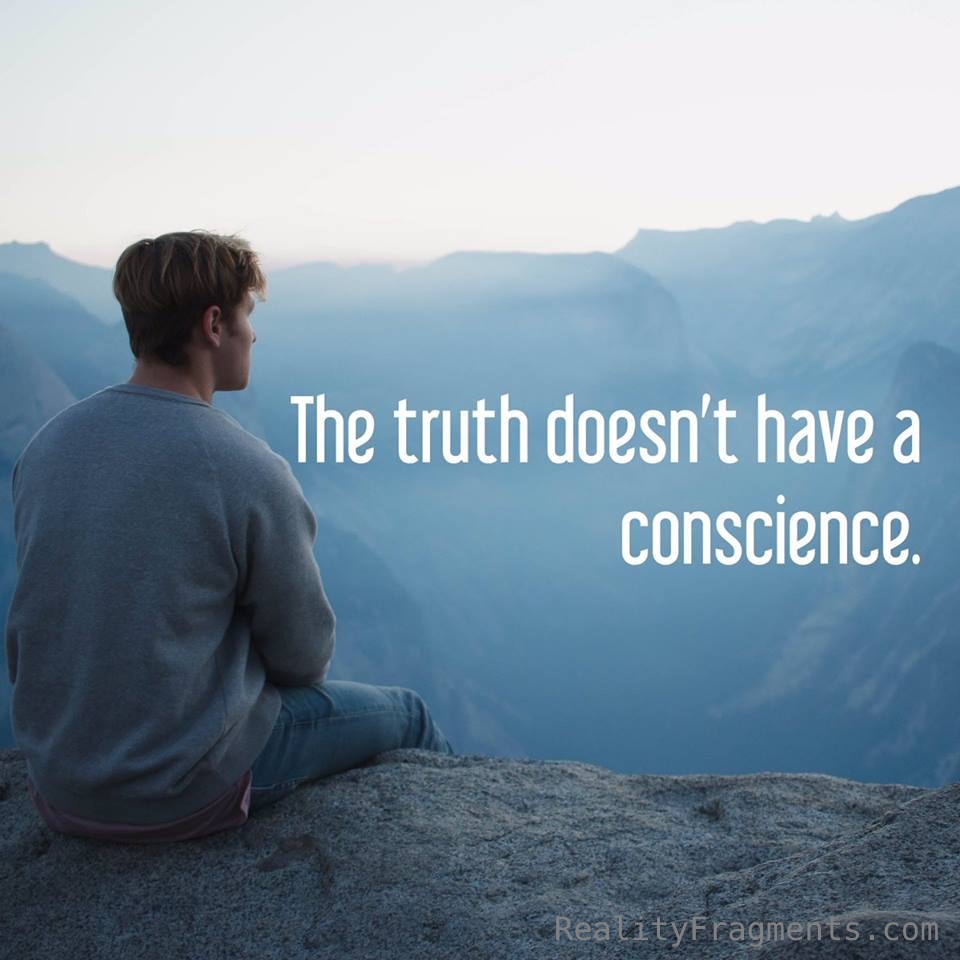 Douglas Adams was on to something with The Hitchhiker’s Guide To The Galaxy. If it were an option, I would have left the planet decades ago in the hope of finding something better, running away from the problems. I’m not proud. I’d love to be transported into a future where just changing the polarity of shields would solve a problem.
Douglas Adams was on to something with The Hitchhiker’s Guide To The Galaxy. If it were an option, I would have left the planet decades ago in the hope of finding something better, running away from the problems. I’m not proud. I’d love to be transported into a future where just changing the polarity of shields would solve a problem.
It just doesn’t work that way, nevermind the pet peeve I have with Roddenberry naming the USS Enterprise when it’s mission wasn’t to protect merchant shipping. ‘Discovery’ might have been better, really.
These past years have shown plenty of weaknesses in systems that we humans have depended on for sometimes centuries. Everyone’s talking about how much of a problem the pandemic is when it’s only been a problem because antiquated systems continue to fail, and we continue to shore them up. I’m not saying we should descend into anarchy by any stretch, but looking around it’s pretty clear the anarchy of our world is having a field day with our systems.
 It’s sensible to distrust systems that pretty consistently fail, and almost always these systems has something to do with government. Nobody, regardless of their political lean, goes out and blames the trees for bad weather. Nobody shakes their fist at a hurricane and says, “I didn’t vote for this!”.
It’s sensible to distrust systems that pretty consistently fail, and almost always these systems has something to do with government. Nobody, regardless of their political lean, goes out and blames the trees for bad weather. Nobody shakes their fist at a hurricane and says, “I didn’t vote for this!”.
Well, not yet anyway.
The speed with which we see the problems, globally, is sped by our ability to communicate while the response of government has not kept pace. Bureaucracy, as Gleick pointed out in ‘Faster’, was designed to slow change – it keeps things from happening too fast. For centuries mankind has been frustrated by systems that are slow. When things are slow, as individuals, we tend to find ways around them because we don’t have time for dealing with them. We’re busy running around trying to get shiny things to trade for things we need within other systems that are not working for lots of people.
Is that a condemnation? No, it’s an observation. As individuals, we don’t have the time to figure out everything that affects us because of the sheer complexity of the system. Right now (February, 2022), the Inland Revenue Service (IRS) in the United States is overwhelmed in processing tax returns – people haven’t gotten returns from 2020 (this is 2022), and the tax system is so complicated that an entire industry has been built around taxes.
Let’s take stock. The system by which monies are given to the government has become so complicated that people are making money off of making it simple. The only reason that’s not considered corruption is that the laws permit it – if I told you I could speed up a government process if you paid me, under different circumstances I could be a criminal. I’m not saying that people and companies that help with the tax returns are criminals. What I am saying is that the system got complicated enough that it’s easier to pay someone else to deal with, and that means people are paying money to get diminishing returns. Who wouldn’t be upset about that? How far have we come from hiding livestock from the King’s tax collectors?
“We are so POOR, sir…”
 Having lived here and there, and having visited here and there outside of the tourist traps -they are, after all, traps – I can say that the problem is global, and if there is a human somewhere that doesn’t have issues with the system of taxation, they are a distinct minority. We double down here, because how that money is spent is decided by people who win popularity contests. Politicians.
Having lived here and there, and having visited here and there outside of the tourist traps -they are, after all, traps – I can say that the problem is global, and if there is a human somewhere that doesn’t have issues with the system of taxation, they are a distinct minority. We double down here, because how that money is spent is decided by people who win popularity contests. Politicians.
What’s more, in the United States, with the case Citizens United vs FEC, corporate spending entered U.S. politics and with that, marketing which has been used effectively to sell people stuff that they didn’t want by creating a need, or selling products that are less than useful, like politicians. There are children who will say that they want to be President and yet I have never met one who aspired to be a politician. Maybe I hang out in the wrong circles, but if you do too, well, we have the beginnings of something more than anecdotal.
Meanwhile, it seems like every media outlet is echoing a sentiment of how much is spent on things that people believe are important, such as education. This is not a good metric. I can go buy a car that meets my needs for a few thousand dollars or a few million dollars. If you spend a few billion dollars on education and students aren’t learning more, what does that spending mean? Worse than nothing, it means that money is being wasted. Is it the government’s money? The government says so, but whose money is it? The money of those governed, with the exception of monarchies, authoritarian states and oligarchies where they don’t bother being dishonest about it.
Things are broken. We live in an age where we can communicate faster and somehow we manage to say less in unit time about things that are important. How do we change that?
First, we have to recognize that there is a problem. Sure, we recognize that there are problems, but in the acknowledgement of some problems it’s always about them. They caused this. They did something, or they did not do something. They. Them. The exception would be those that use they and them as pronouns, and while I don’t have an issue with people asking to be called by specific pronouns, it seems like an odd set up for self-persecution when we always seem to blame thems and theys. That seems inconvenient for them, but it is what it is and the flag has already flown.
When we weed through that mess and stop blaming people out of a matter of convenience, what we find is that there are people who simply believe differently about things. And why is that?
Education, largely, or lack thereof – and not training for jobs, but actual education, and ongoing education. Marketing of narratives for politicians and their parties. Biases in cultures we don’t understand, even in the same countries, much less what is known about other countries. And, largely the most important aspect: personal responsibility that gets lost in over complicated systems.

 The
The 